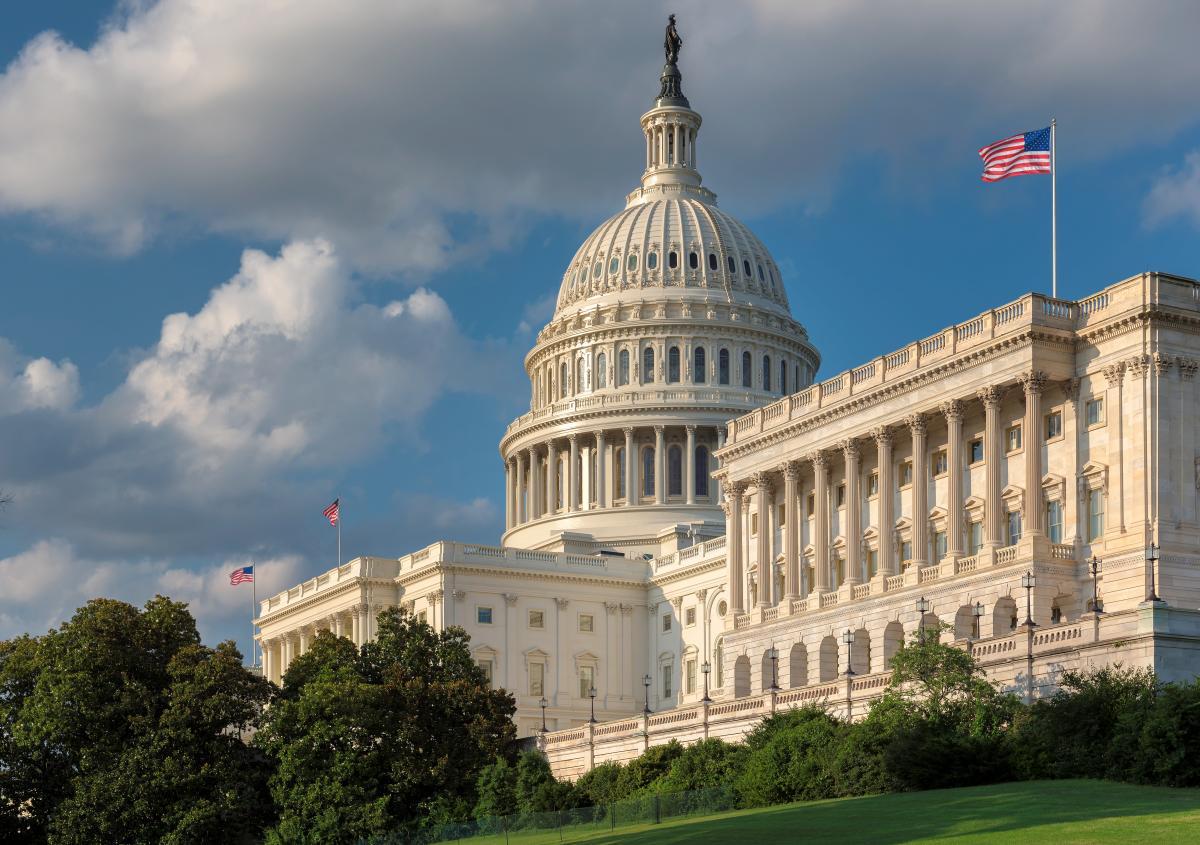 Legislation requiring the Securities and Exchange Commission to assess the usefulness of certain disclosure rules to retail investors was approved by the U.S. House of Representatives Oct. 17.
Legislation requiring the Securities and Exchange Commission to assess the usefulness of certain disclosure rules to retail investors was approved by the U.S. House of Representatives Oct. 17.
The SEC Disclosure Effectiveness TestingAct (H.R. 1815) passed on a party-line vote of 229-186, with 16 members not voting. Sponsored by Rep. Sean Casten (D-IL), the bill would compel the SEC to test the usability of any disclosure that it requires to be provided to retail investors by broker dealers or investment advisers.
Under the legislation, each usability test would include:
- one-on-one interviews with retail investors to assess their understanding of the disclosure;
- a nationwide survey of retail investors to assess the usefulness of the disclosure;
- an analysis of the interview and survey results to be published in the Federal Register; and
- an opportunity for public comment on those published results.
Those usability tests would be required before the SEC adopts final rules governing such disclosures and, if the proposed disclosures undergo substantive changes before finalization, an additional usability test would be required.
Delay Form CRS?
Since the bill would require testing of existing rules as well as future ones, House Republicans argue that it is merely an attempt to delay implementation of the SEC’s Regulation Best Interest and the related Form CRS Relationship Summary – which Democrats appear to acknowledge.
During debate on H.R. 1815, House Financial Services Committee Chairwoman Rep. Maxine Waters (D-CA) contended that the “mixed results” of the SEC’s testing of Form CRS showed that changes and possibly more testing were necessary. “Unfortunately, in that instance, the SEC did not engage in the robust, iterative investor testing that H.R. 1815 would require, and finalized a vague disclosure,” Waters stated. She emphasized that the bill would, in fact, require the SEC to go back and test existing disclosures like Form CRS to determine whether changes should be made.
Rep. Bill Huizenga (R-MI), Ranking Member for the Subcommittee on Investor Protection, Entrepreneurship and Capital Markets, countered that the bill “is not only a delay tactic, but it will drastically undermine the ability of the SEC to do its primary job of protecting investors.” Similarly, Rep. Ann Wagner (R-MO) contended that, “if further and ongoing testing were required, it would onerously roll back and delay further – after seven years of testing, debate, deliberation, comment periods, litigation, it would only roll back and further delay ... all of the SEC’s efforts to better protect those retail investors.”
During debate, Republicans attempted to roll back the bill’s applicability to Form CRS and its retroactive investor testing, but amendments to do so offered by Huizenga and Wagner were defeated along party lines.
H.R. 1815 now moves to the Senate, where no corresponding legislation exists.

